The deal, announced last December, received the green light from regulators in the European Union, Mexico, Serbia, Slovakia, Türkiye, and the United Kingdom. However, the merger is still pending approval in the United States, where it faces significant hurdles including scrutiny from the Department of Justice and political opposition from President Joe Biden, who favors keeping U.S. Steel under American ownership.
The merger has stirred concerns among stakeholders, particularly the United Steelworkers union, which fears potential job losses. In response, Nippon Steel has committed to honoring existing union agreements and plans to relocate its U.S. headquarters to Pittsburgh, the current base of U.S. Steel.
The companies remain optimistic about finalizing the deal in the second half of this year, buoyed by support from U.S. Steel's shareholders who endorsed the merger in April, aiming to help Nippon Steel achieve its goal of expanding its global crude steel capacity to 100 million metric tons.



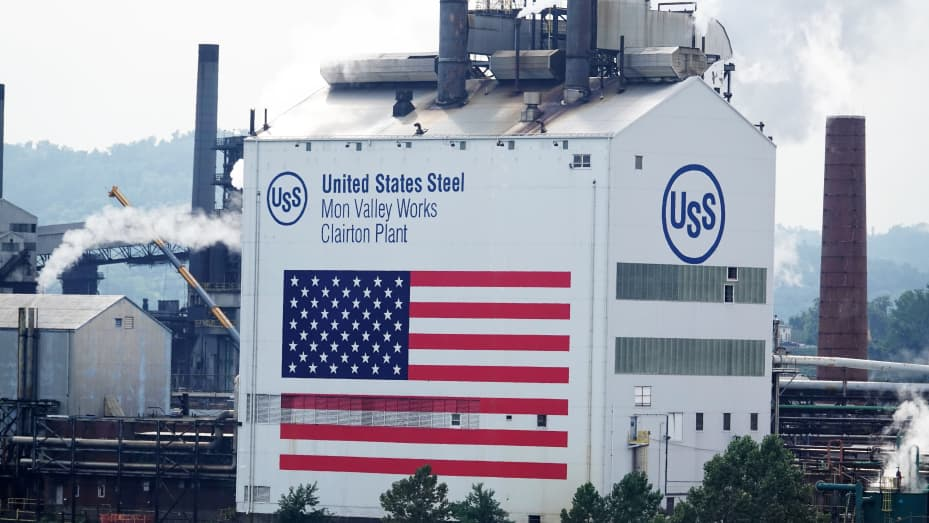
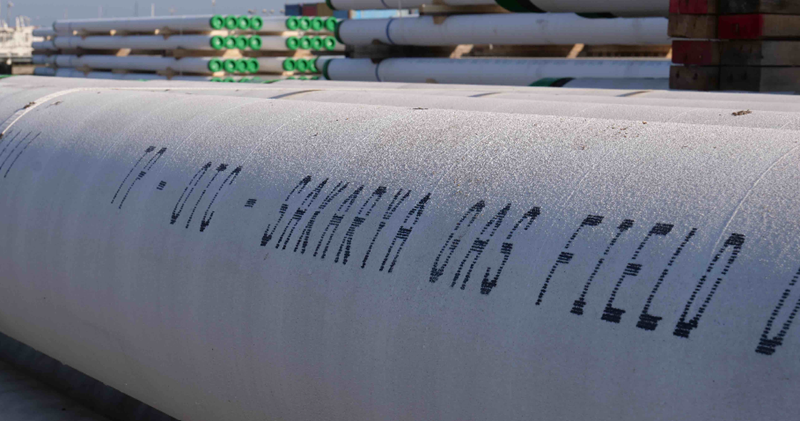
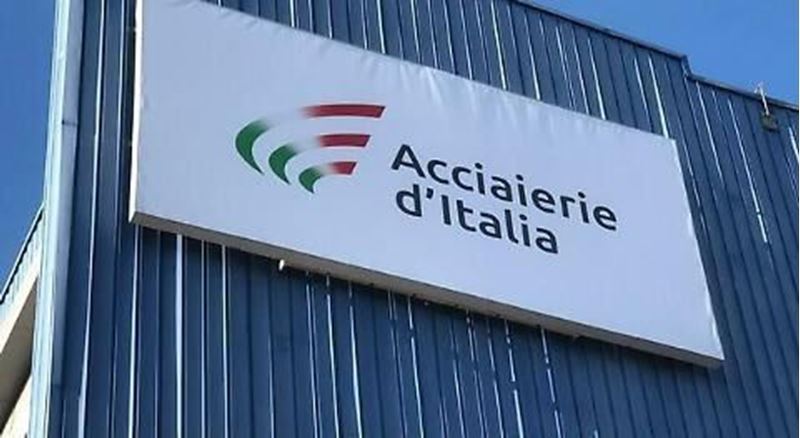
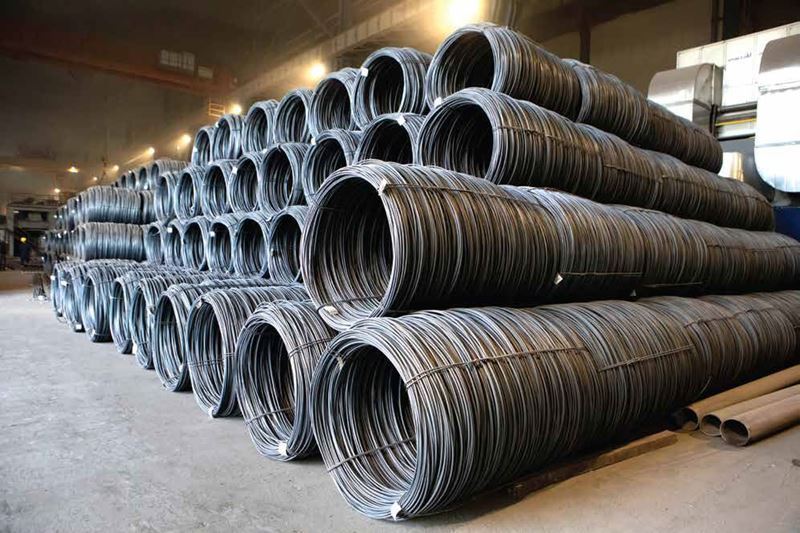
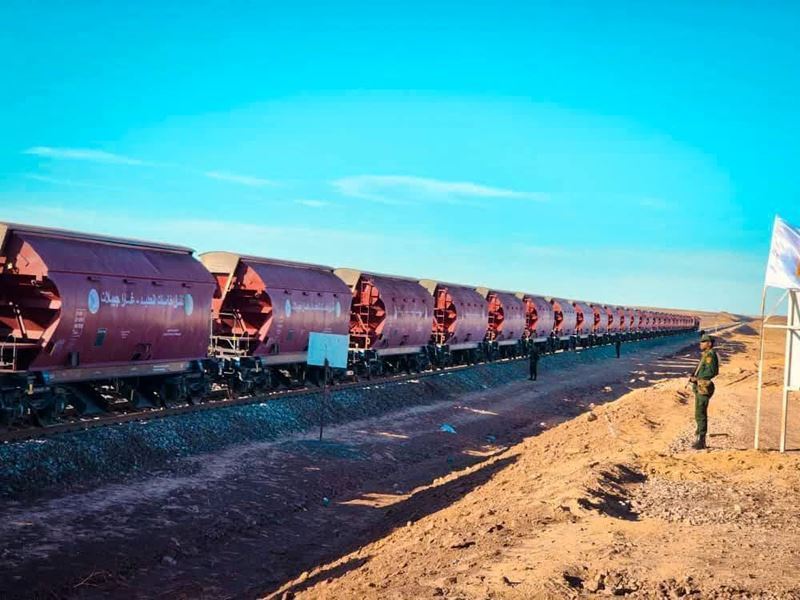



Comments
No comment yet.